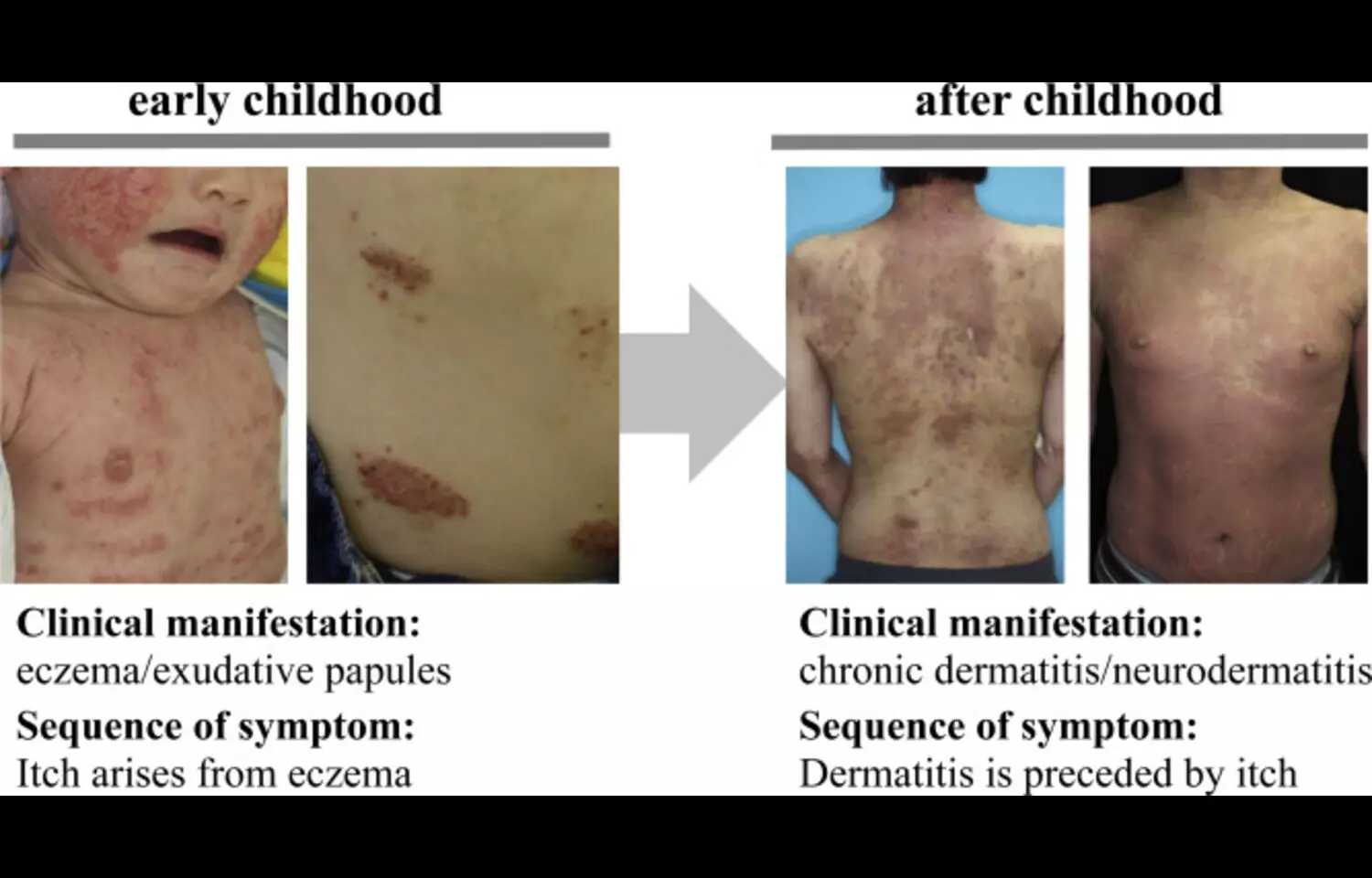Biologic Therapy may Lower Malignancy Risk in Psoriasis,suggests study
- byDoctor News Daily Team
- 15 September, 2025
- 0 Comments
- 0 Mins

A new study has investigated the impact of biologic therapies on cancer risk among patients with psoriasis and found that these treatments may offer protective benefits compared to traditional topical therapies. Psoriasis is a chronic immune-mediated condition that often requires long-term management, and concerns about the potential for systemic therapies to influence malignancy risk have persisted among clinicians and patients alike. This research focused on comparing patients receiving biologic treatments, such as tumor necrosis factor inhibitors and interleukin-targeted agents, with those using only topical monotherapies. The study revealed that patients treated with biologic therapies experienced a lower incidence of malignancies over the observation period. While topical monotherapy is often considered safe and effective for managing mild disease, it does not provide systemic immunomodulatory effects that may influence the immune surveillance mechanisms associated with cancer development. Biologic therapies, by modulating specific inflammatory pathways implicated in both psoriasis and cancer progression, may reduce the risk of malignancy while simultaneously controlling skin disease. The findings underscore the importance of considering personalized treatment strategies for patients with psoriasis, especially those at elevated risk for cancer due to age, family history, or comorbidities. Clinicians are encouraged to weigh both dermatologic benefits and systemic protective effects when recommending biologic therapy. Furthermore, the study highlights the need for ongoing surveillance and long-term follow-up to better understand the relationship between immune-targeted treatments and malignancy risk in this population. While biologic therapies have previously been scrutinized for their immunosuppressive potential, this research provides reassurance that, when appropriately selected and monitored, these treatments may confer additional systemic benefits beyond skin clearance. Patients and healthcare providers should engage in shared decision-making, considering both disease severity and individual risk factors for malignancy, to optimize treatment outcomes and overall health. Keywords:Psoriasis, biologic therapy, malignancy risk, cancer prevention, immune modulation, systemic therapy, tumor necrosis factor inhibitors, interleukin inhibitors, personalized medicine, long-term outcomes
Disclaimer: This website is designed for healthcare professionals and serves solely for informational purposes.
The content provided should not be interpreted as medical advice, diagnosis, treatment recommendations, prescriptions, or endorsements of specific medical practices. It is not a replacement for professional medical consultation or the expertise of a licensed healthcare provider.
Given the ever-evolving nature of medical science, we strive to keep our information accurate and up to date. However, we do not guarantee the completeness or accuracy of the content.
If you come across any inconsistencies, please reach out to us at
admin@doctornewsdaily.com.
We do not support or endorse medical opinions, treatments, or recommendations that contradict the advice of qualified healthcare professionals.
By using this website, you agree to our
Terms of Use,
Privacy Policy, and
Advertisement Policy.
For further details, please review our
Full Disclaimer.
Recent News
Gum disease could silently cause serious brain dam...
- 03 November, 2025
Can Early-Day Fasting Significantly Boost Metaboli...
- 03 November, 2025
Delhi HC bars doctor from running medical centre d...
- 03 November, 2025
Phase III data for Gazyva/Gazyvaro show significan...
- 03 November, 2025
Daily Newsletter
Get all the top stories from Blogs to keep track.


0 Comments
Post a comment
No comments yet. Be the first to comment!